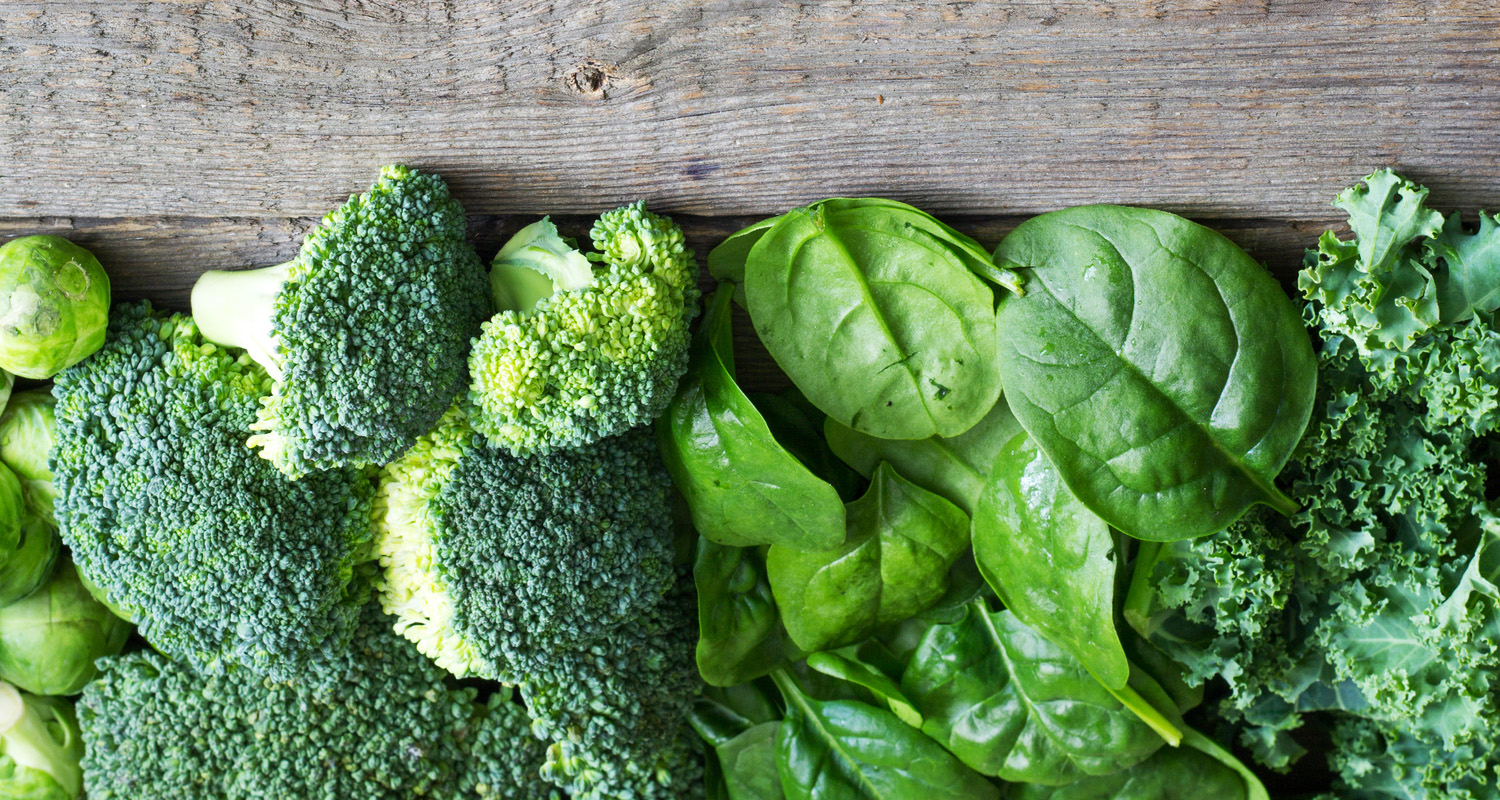
[tldr]
- Even if you’re conscious about your health, it’s possible you’re unintentionally slowing down your metabolism — or overlooking metabolism-boosting opportunities.
- Learn about the five mistakes that may be slowing down your metabolism, plus ways to increase it.
[/tldr]
In terms of universally coveted things, a lightning-fast metabolism has to be right up there with the fountain of youth. After all, a fully-functioning metabolism makes losing weight and staying in shape a lot easier. However, even if you’re conscious about your health, it’s possible you’re unintentionally slowing down your metabolism — or overlooking metabolism-boosting opportunities. Here, five mistakes you might be making, plus ways to increase your metabolism.
1. Your go-to workout is running, biking, or some other form of cardio

In fact, one study found that resistance training helped boost subjects’ resting metabolic rate by 7 percent.[ref url=”https://journals.lww.com/acsm-csmr/fulltext/2012/07000/Resistance_Training_is_Medicine___Effects_of.13.aspx”] What’s more, you don’t have to do hours of reps to reap the metabolic benefits of resistance training. Researchers found that as little as 11 minutes of resistance training, three days a week, was linked to a faster metabolic rate and increased fat- and calorie-burn.[ref url=”https://www.ncbi.nlm.nih.gov/pmc/articles/PMC2862249/”]
Do this: Pump iron (or do body weight exercises) 3 times a week to increase your metabolism. Download this printable workout for building muscle now.
Sign up for The Weight List, the weight loss newsletter that bundles our best articles, recipes, videos, and podcasts, and delivers it to you every week.
2. You’re skipping your morning coffee

Do this: To increase your metabolism, drink Bulletproof Coffee each morning. Switch to green tea in the afternoon.
3. You’re not getting a good night’s sleep

Do this: Get more high-quality zzz’s by turning off electronics two hours before bedtime and sleeping in a pitch-black room. Get more science-backed sleep hacks here.
4. You aren’t hacking your gut bacteria

Fortunately, your gut microbiome makeup isn’t predestined. You can cultivate the friendly bacteria residing in your gut by feeding it prebiotics (foods your gut loves). Load up on polyphenols (think brightly colored fruits like raspberries or blueberries). Coffee’s another great source of polyphenols. Eating more high-fiber foods and resistant starch may also help shift the Bacteroidetes-to-Firmicutes ratio in your favor to increase metabolism.[ref url=”https://academic.oup.com/ajcn/article/101/1/55/4564325″]
Do this: Eat high-fiber vegetables, foods high in resistant starch liked cooked and cooled white rice, and brightly colored berries.
5. You’re cutting calories

Leptin is a hormone that tells your brain when you should stop eating.[ref url=”https://www.ncbi.nlm.nih.gov/pmc/articles/pmid/25232147/”][ref url=”https://www.ncbi.nlm.nih.gov/pmc/articles/PMC4170570/”] A fully-functioning leptin system helps regulate your energy homeostasis[ref url=”https://academic.oup.com/ajcn/article/89/3/980S/4596832″] (aka keeping the calories you consume and expend balanced), while leptin deficiencies have been linked to obesity.[ref url=”https://doi.org/10.1038/oby.2005.178″]
You can hack the leptin in your body by avoiding fructose[ref url=”https://academic.oup.com/ajcn/article/89/3/980S/4596832″] and high-lectin foods (that’s not a typo — lectin with a “c” is a protein that can mess with your gut), which can contribute to leptin resistance. (Here are some other ways to make leptin work for your metabolism).
Do this: Instead of counting calories, focus on quality, whole foods and eat until you’re comfortable, not full.
Read next: The Best Ways to Lose Weight, According to Science









